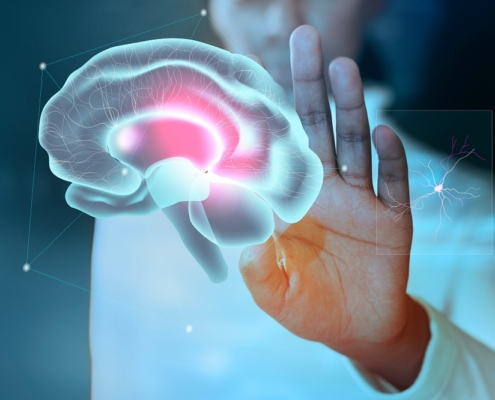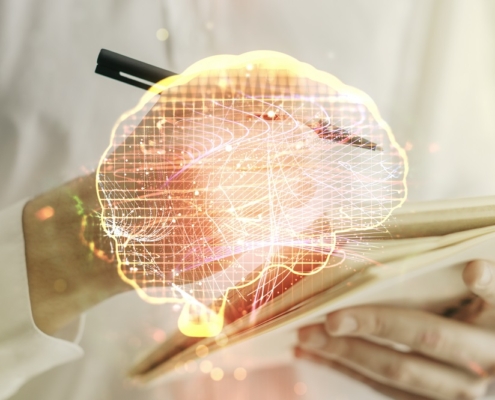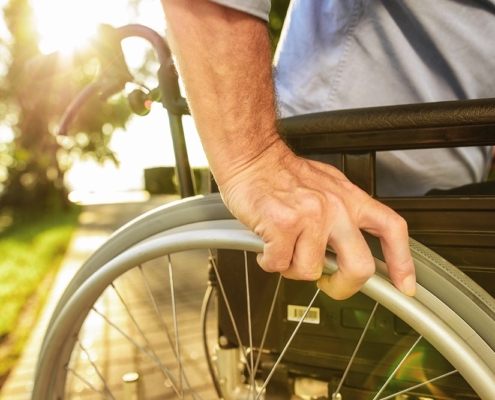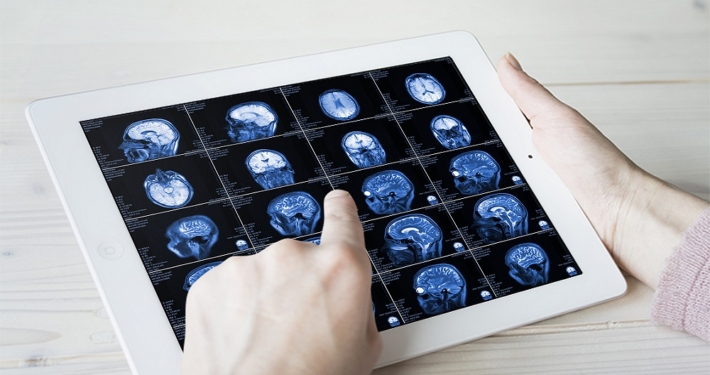What is EEG?
The test performed to examine the electrical activity produced by nerve cells in the brain is called Electroencephalography (EEG). This test, which helps evaluate brain functions, is performed for diagnosis and follow-up purposes.
EEG is performed by placing electrodes on the patient’s head with the help of a paste according to the limbic system of 10-20. The cables connected to the patient do not provide electricity, they only transfer the brain’s electrical signal to the computer and create a trace.
EEG STUDIES
1- Routine EEG
2- Sleep EEG
3- Sleep-wake EEG
4- Video EEG
Things the patient should pay attention to before the shooting
How is the shooting done?
In routine EEG, the patient is in a resting position and the recording takes about 15-20 minutes. The patient does not feel any pain or ache during the EEG recording. During the recording, there are EEG activations called
- Eye opening and closing,
- Hyperventilation
- Photic Stimulation
applications are performed.
After all the procedures are completed, the patient is separated from the electrodes and the shooting is completed.
Sleep EEG:
Sleep EEG examination is requested to detect EEG changes specific to sleep periods and sleep transitions. It is an examination performed during the day or night, for 1 hour or 3 hours, and throughout the night.
IN WHICH CASES IS EEG REQUIRED?
- In sudden fainting
- In cases of febrile seizures in infancy and childhood
- In inflammatory diseases of the brain such as meningitis or encephalitis
- In brain trauma due to head injuries
- In diseases that may lead to brain dysfunction such as encephalopathy
- In brain tumors
- In stroke
- In psychiatric diseases
- In dementia
- In memory problems
- In mental developmental delays
- In learning difficulties and behavioral disorders
- In those with absent-mindedness
- In the diagnosis and follow-up of epilepsy
 https://drturanpoyraz.com/en/wp-content/uploads/2023/07/kafatravmasi.jpg
666
1000
drturan_pyrzawp
https://localveri.net/drturanpoyraz/wp-content/uploads/2024/07/logo2.png
drturan_pyrzawp2023-07-18 17:33:472024-08-01 16:32:02HEAD TRAUMA AND BRAIN INJURY
https://drturanpoyraz.com/en/wp-content/uploads/2023/07/kafatravmasi.jpg
666
1000
drturan_pyrzawp
https://localveri.net/drturanpoyraz/wp-content/uploads/2024/07/logo2.png
drturan_pyrzawp2023-07-18 17:33:472024-08-01 16:32:02HEAD TRAUMA AND BRAIN INJURY






